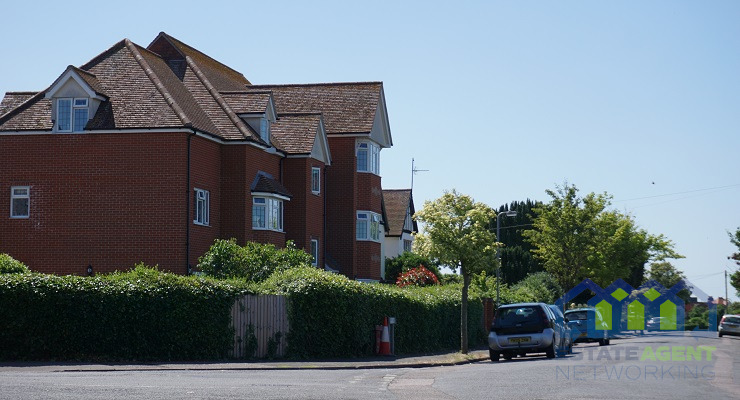The Right Way to Find the Historical Fair Market Value of a Property
You might have heard your estate agent use technical terms such as historical fair market value, historical cost, fair market value and so on. While these terms might seem interchangeable to the layman, that is actually not the case. In order to accurately determine the value of a property, not how much a buyer is willing to pay for a property, estate agents and surveyors need to be well-versed with historical costs and fair market values.
Estate agents and surveyors need to determine the historical cost of a property, study the average increase in property prices, research the average prices of the area and then come up with a valuation to determine how much your house is worth at that given point in time. So, when you request your free home valuation, estate agencies use AI and public data records to figure out the closest valuation, which is usually quite accurate. So, how can you find a property’s historical fair market value? Here is the right way to find the historical fair market value of a property in the UK in 2022.
Historical costs vs Fair market value:
First things first, there is a big difference between the fair market value of a property vs the historical cost of the property. In simple terms, the fair market value is the price of the home as opposed to the value of the property. In essence, the fair market value is what a potential buyer would be willing to pay to purchase a property or Apartments for rent. On the other hand, the historical cost is the transactional data of the previous buying and selling transactions. In simpler words, the historical cost of a property is the price that was paid to purchase the property as well as the price that was paid to sell the property, as per the previous transactions. Knowing the difference is important as it will help you search for the right data.
Track price paid data online:
Every month in England and Wales, the price paid data is tracked and registered with HM Land Registry. This data is based on the raw data of property sales and purchases that are reported every month. In order to access this price paid data, individuals can download the files from the UK government price paid data page. For a specific location or area, individuals can even create specific reports using the price paid data tool. The online data is divided into single files, monthly files and yearly files. As the names suggest, the single file contains up-to-date data from 1995 to the current date. The monthly file contains transactions from the first day to the last day of the current month whereas the yearly file contacts annual up-to-date files from 1995 to the current date.
Keep in mind, the data in the yearly files are filed based on the deed date or transaction date as opposed to registration with HM Land Registry.
Use a tax assessor:
The tax assessor for your local municipality might be able to help you find the right historical fair market value data. He or she will require your exact address to retrieve this information. Based on the age of the house, this information can be found online or in old data books. If you are looking for price paid data for homes that are older than 1995, then it is a good idea to get in touch with a tax assessor. Of course, finding this data might cost you a small fee, especially if the house is very old and the information is not easily available.
Comparative market analysis method:
The Comparative Market Analysis (CMA) method is one of the best ways to determine the value of a property as well as the historical value of a property. Essentially, you need to find properties that are similar to your property, which have been sold in your area in the past 6 months. Then, based on the selling price of these properties, you can determine the value of your property. Keep in mind, important aspects such as the number of bedrooms, the number of bathrooms, the area and locality, the size of the property, the age of the house and the condition of the property should be similar to yours to make a correct comparison.
In essence, it might be easier to find out the historical cost of the property as opposed to the fair market value, because the historical cost of the price paid data can be easily found online. However, the fair market value is essential for tax purposes as well as to determine the current value of your home.









